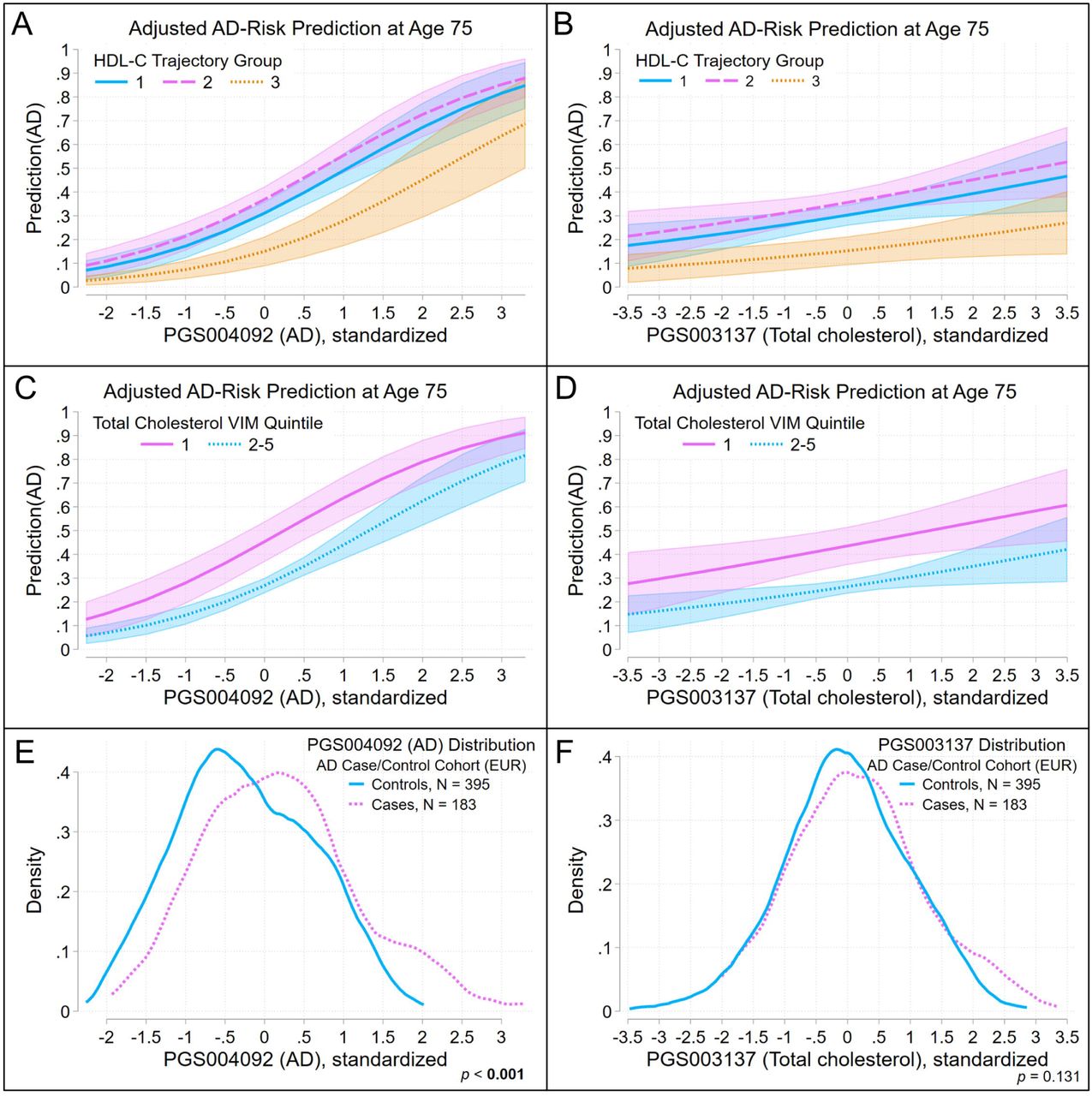
Cholesterol Fluctuations as an Unseen Dementia Indicator
Summary: A detailed investigation involving nearly 10,000 individuals in their 70s has revealed a potentially significant connection between annual variations in cholesterol levels and a heightened risk of dementia. Over six years, the study demonstrated that those with the most erratic cholesterol behavior faced up to a 60% escalated risk of developing dementia, in contrast to individuals with more consistent readings.
Subtle Indicators in Regular Blood Tests
Traditionally, cholesterol assessments are aimed at evaluating cardiovascular wellness; however, recent research indicates they might provide additional insights, particularly regarding cognitive decline risks. This study found that notable shifts in cholesterol levels—unrelated to changes in medication—might act as early indicators of possible cognitive issues, including dementia. The lead researcher, Dr. Zhen Zhou from Monash University in Melbourne, stresses that individuals showing significant cholesterol fluctuations, particularly those not undergoing lipid-reducing treatments, may require more thorough monitoring.
A Six-Year Insight into Cognitive Health
The study, which spanned six years, monitored nearly 10,000 participants averaging 74 years of age. None of the subjects altered their cholesterol-lowering therapies throughout the study, which permitted researchers to concentrate on natural cholesterol variations and their possible effects on brain health. Of those involved, 509 individuals were diagnosed with dementia, while 1,760 displayed signs of cognitive decline that fell short of a complete dementia diagnosis.
The findings were striking: participants who demonstrated the most irregular cholesterol levels were at a significantly increased risk for both cognitive decline and dementia. This underscores the idea that cholesterol variability may represent a novel biomarker for assessing brain health in older populations.
The Figures Illustrate a Complex Situation
The statistical analysis from the research portrays a troubling scenario. Participants experiencing the most substantial changes in total cholesterol levels were found to be 60% more likely to encounter dementia and 23% more prone to cognitive decline when compared to individuals with steady cholesterol levels.
The research also explored various cholesterol types. Notably, fluctuations in LDL cholesterol (often referred to as “bad” cholesterol) exhibited a robust correlation with quicker declines in cognitive function, impacting areas such as memory and processing speed. In contrast, variations in HDL cholesterol (the “good” cholesterol) and triglycerides showed no significant link to cognitive health.
Interpreting the Association
The research raises important questions regarding the underlying mechanisms connecting cholesterol variability with dementia. Dr. Zhou emphasizes the necessity for further exploration to determine if these fluctuations serve as a causal risk factor, an early warning sign, or merely a biomarker for dementia. One prevailing theory discusses the role of LDL cholesterol in generating atherosclerotic plaques—deposits in blood vessels that could destabilize as cholesterol levels fluctuate unpredictably. Such destabilization of plaques might adversely affect brain health, potentially resulting in dementia.
An Appeal for Continued Research
As dementia research progresses, the association between cholesterol variability and cognitive decline may present promising avenues for early intervention. Upcoming studies should investigate if cholesterol management can be specifically tailored to reduce dementia risks in older adults, alongside conventional cardiovascular treatments. Additionally, the findings pave the way for further investigation into cholesterol’s influence on brain physiology, possibly transforming both diagnostic and preventive approaches to dementia.
Glossary
- LDL Cholesterol: Low-density lipoprotein cholesterol, known as “bad” cholesterol, which can contribute to atherosclerotic plaque formation in arteries.
- HDL Cholesterol: High-density lipoprotein, known as “good” cholesterol, which aids in removing other cholesterol forms from the bloodstream.
- Atherosclerotic Plaques: Buildups of cholesterol, fat, and other materials in arterial walls, which can obstruct blood flow and lead to significant health issues.
- Cognitive Decline: The deterioration of memory, speed of thought, and other cognitive abilities, often preceding dementia.
Quiz
- What percentage increase in dementia risk was linked to significant cholesterol fluctuations?
Answer: 60% - How many study participants were diagnosed with dementia during the research?
Answer: 509 participants - What was the average age of the subjects in the study?
Answer: 74 years - Which type of cholesterol fluctuations were NOT associated with cognitive decline?
Answer: HDL (“good” cholesterol)